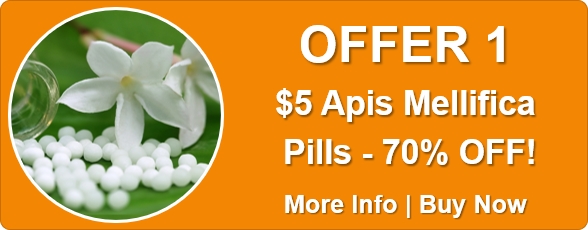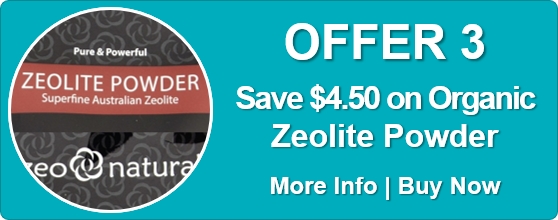Little Women Used Homeopathy?
 Did you know that the much-loved novel, Little Women, is sprinkled with references to homeopathy? It even plays a pivotal role in the story’s plot.
Did you know that the much-loved novel, Little Women, is sprinkled with references to homeopathy? It even plays a pivotal role in the story’s plot.
Dana Ullman, in his book The Homeopathic Revolution: Why Famous People and Cultural Heroes Choose Homeopathy, tells how author Louisa May Alcott had a deep appreciation for homeopathy that filtered through to her writings.
“Louisa May Alcott (1832—1888), author of Little Women, was another longtime homeopathic patient and appreciator of this new medicine. Besides being a leading author, she was also a nurse. At one dramatic point in Little Women, one of the daughters, Beth (played by Claire Danes in the movie), is ill with scarlet fever, and the oldest daughter, Jo (played by Winona Ryder), prescribes homeopathic Belladonna to treat her. Later, Jo finds Beth looking through their mother’s medicine cabinet where she finds a bottle of camphor and takes it into bed with her. This action provides some sophisticated foreshadowing because camphor is known as an antidote to homeopathic medicines, and thus, it is sad but not surprising when Beth succumbs to the disease.
Apart from Belladonna and the tragic results of Beth and Jo’s ignorance around camphor, Little Women contains two other references to homeopathy. The first occurs early in the book when Jo hurts her ankle and so chooses to “Bound up her foot with arnica” (in Chapter 3). Arnica is a well-known homeopathic remedy for sprains and strains. \
The second incident occurs shortly after Beth’s scarlet fever episode when Jo gets a severe head cold and then takes Arsenicum – another homeopathic remedy.
During her childhood, Alcott’s family physician was Conrad Wesselhoeft, MD, a Harvard Medical School graduate and a famous Boston homeopath, and she dedicated her last novel, Jo’s Boys, to him. In this book, its lead character, Nan, is portrayed as a bright, scientifically minded young girl who is able to keep calm in a crisis. Nan becomes a homeopathic physician who is also dedicated to women’s equality. In Chapter 1, some of the early dialogue includes:
“You knew it. How is your throat?” asked Nan in her professional tone, which was always a quencher to undue raptures.
“Throat? Oh, ah! yes, I remember. It is well. The effect of that prescription was wonderful. I’ll never call homoeopathy a humbug again.”
Alcott and many other dedicated homeopathic patients maintained their conviction for homeopathy, not only because they found it effective but because it was an integral part of new scientific thinking and medical reform.”
(Excerpted from, Chapter 3, Literary Greats: Write On, from The Homeopathic Revolution: Why Famous People and Cultural Heroes Choose Homeopathy by Dana Ullman. MPH.)







